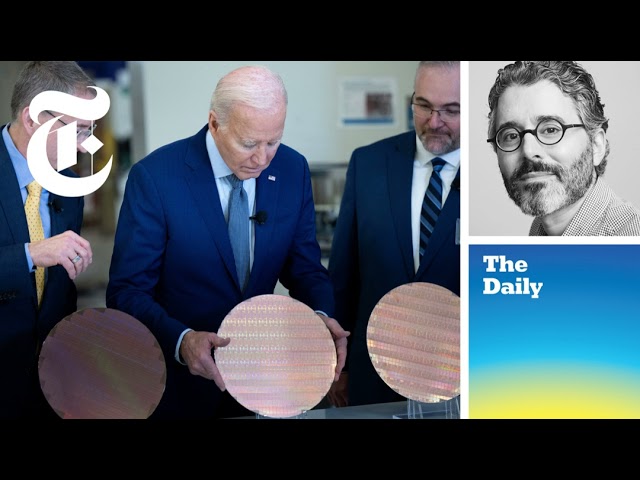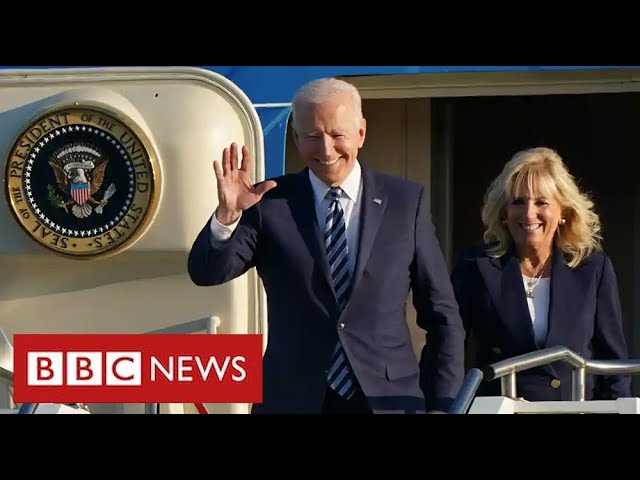Weeks before taking office, President-elect Donald J. Trump is doubling down on tariffs. Even if the threat to impose them proves to be just a negotiating tactic or bluster, it is also a gambit that has immediate consequences.
Ana Swanson, who covers trade for The Times, discusses whether tariffs worked in Mr. Trump’s first term and how they compare with the alternative approach used by President Biden.
Background reading:
• Mr. Trump’s threat to wield tariffs is already rocking business and diplomatic relationships (https://www.nytimes.com/2024/11/26/us/politics/trump-tariffs-global-trade.html) .
• The president-elect picked Jamieson Greer, a lawyer and former Trump official, to serve as top trade negotiator, a position that will be crucial to Mr. Trump’s plans of rewriting the rules of trade in America’s favor (https://www.nytimes.com/2024/11/26/business/economy/jamieson-greer-trade-representative.html) .
For more information on today’s episode, visit nytimes.com/thedaily (http://nytimes.com/thedaily?smid=pc-thedaily) . Transcripts of each episode will be made available by the next workday.
Unlock full access to New York Times podcasts and explore everything from politics to pop culture. Subscribe today at nytimes.com/podcasts (http://nytimes.com/podcasts) or on Apple Podcasts and Spotify.










America is the Super Consumer Marketplace and every country wants access to it.
We don’t have to abide by the automatic tariffs put on us by the WTO in the Most Favored Nation clause from everyone country we do business with. We are always the Most Favored Nation even though we are 34 trillion dollars poor.
President Trump’s always right.
To Tru is are Country well NOT BE The SAME…No More in Control…
Investing in chip manufacturing is much bigger than “us manufacturing”. Chips are a extremely important for national security. China can invade Taiwan with TSMC and would then have a monopoly on the highest tech chips. We have to be self reliant on the cutting edge chips. Investing in Intel is a no brainer because it’s essentially the only company that would be vertically integrated in the US, from the design to the manufacturing.
democrats idea of investment means raise of deficit to pay money to companies so they get free money from the tax payers. Trumps idea is to make foreign companies products cost more so we buy more of our own products. It will cost us more but our Deficit will get better.
If Bidens approach is to invest in industries then with what money is the US investing with? Is it adding to the national debt? I’m basically ignorant on trade and the economy, but Trump’s approach logically sounds more complex, but also better in the long run. At least, from what I gather from this convo.